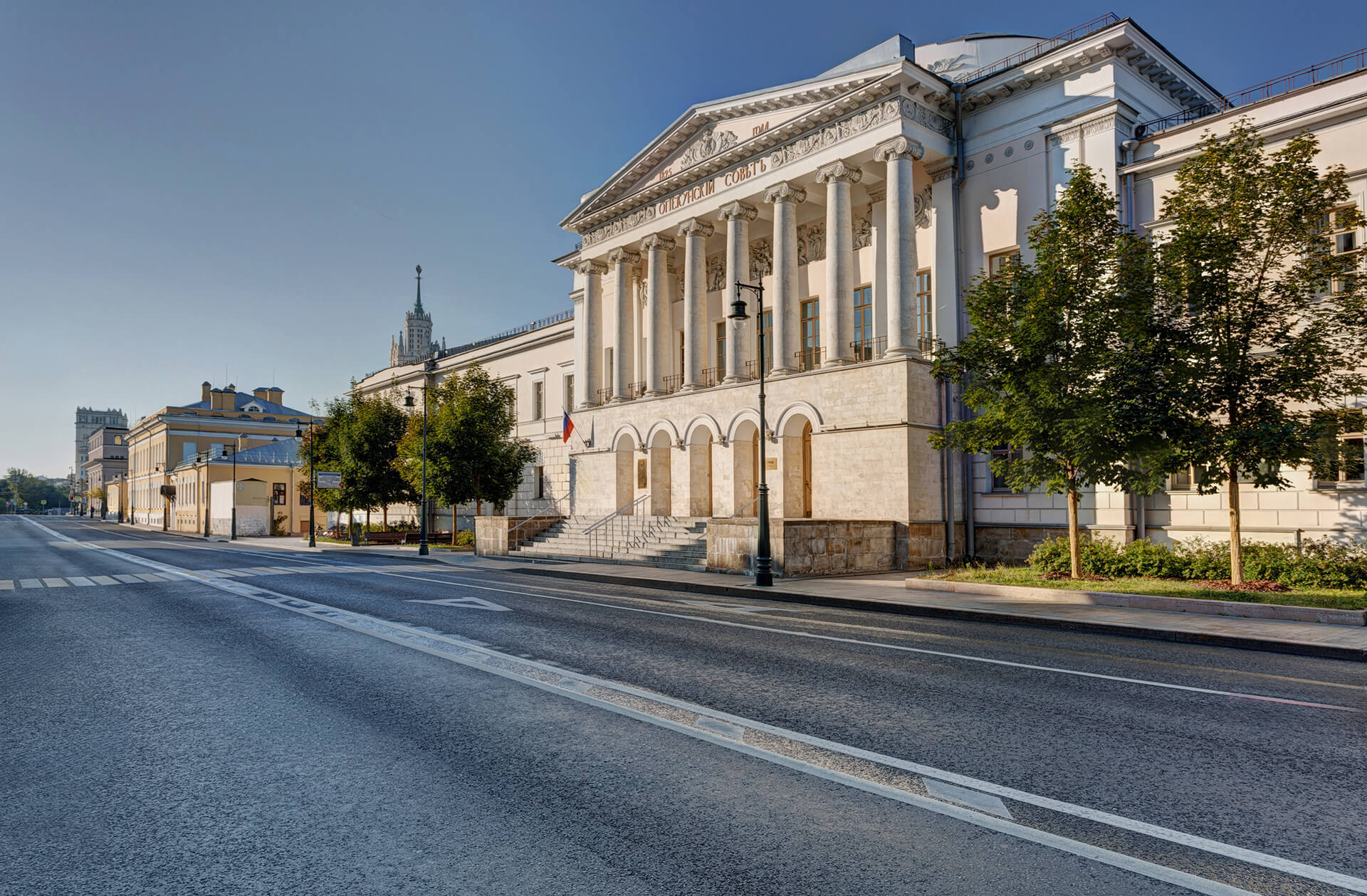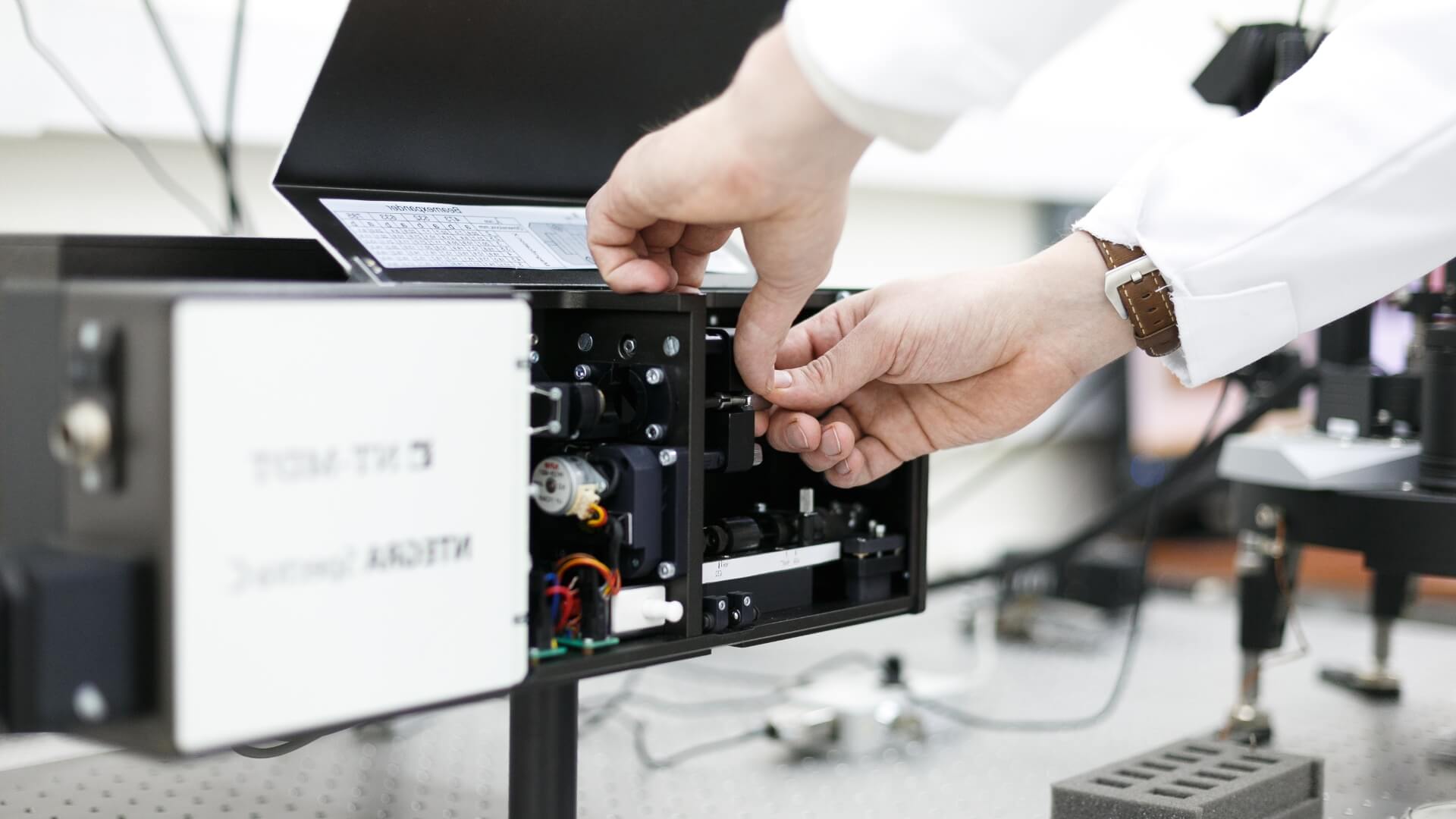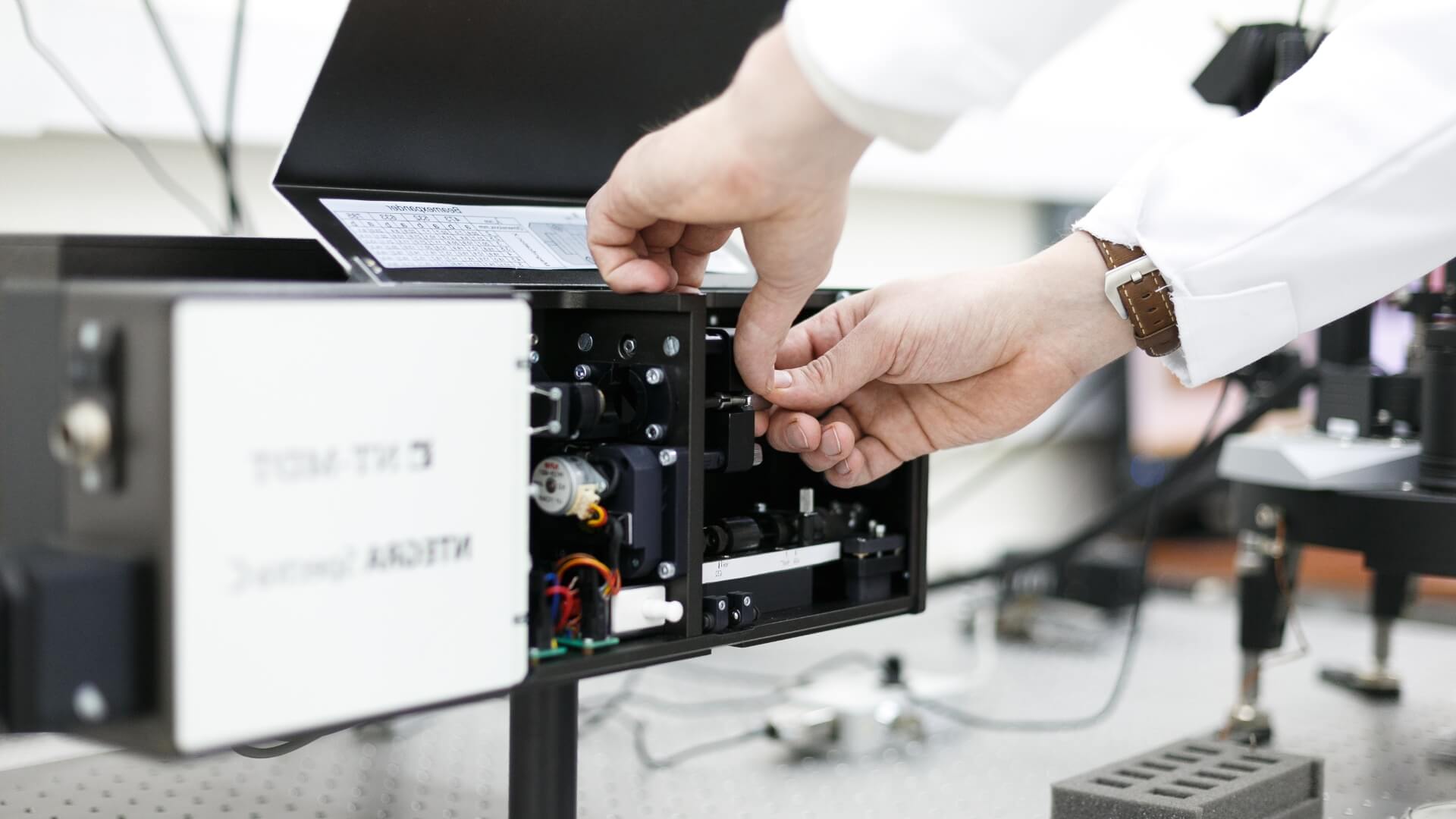Russian Science Foundation was established on the initiative of the President of the Russian Federation to support basic research and development of leading research teams in different fields of science. Legal status, powers, functions, proprietary rights and governance of the Foundation are determined by the Federal Law "On the Russian Science Foundation and Amendments to Certain Legislative Acts of the Russian Federation."
To achieve its goals, the Foundation selects science and technology programs and projects that fall under certain propriety categories, and does so on a competitive basis. Among these priorities are basic research initiatives by research groups or individual scientists, or members of the higher education teaching staff; development of scientific organizations and institutions of higher education, creation of world-class departments and laboratories in scientific organizations and educational institutions, development of experimental facilities for scientific research.
The governance structure of the Foundation is set up by the Federal Law: Supervisory Board, Management board and Director General. The Federal Law sets out a procedure for formation of these bodies as well as defines their authority. In order to provide the Foundation with the necessary expertise, the Federal law provides for creation of Review Panels acting as advisory bodies of the Foundation. Control over financial and economic activities of the Foundation is exercised by the Audit Committee of the Foundation. In accordance with the Federal Law, Russian Science Foundation submits the annual report for consideration of the President of the Russian Federation and the Government of the Russian Federation.
Special Status
The Russian Science Foundation was founded by the decree of the President of the Russian Federation in November 2013, and its activities are regulated by a special federal law. The RSF is not a budgetary organisation. The Supervisory board chaired by the Aide to the President Andrey Fursenko consists of 20 members represented by leading scientists, academicians of the Russian Academy of Science, representatives of legislative and executive bodies.
Large Grants for Basic and Exploratory Research
The core activity of the RSF is funding basic and exploratory (problem-oriented) research through a variety of programmes. The funding for programs and projects is based on a rigorous competitive selection process. The RSF research grant program provides sufficient financial support ranging to 32 million rubles, which creates a comfortable environment for scientists and allows to conduct research without seeking supplementary funds. The researcher awarded undertakes the responsibility to publish the research results in the peer-reviewed international journals with high scientific impact. The quantity of such publications is specified by each researcher in the grant application documents. According to the RSF rules, a researcher may lead no more than one active RSF project, which allows us to engage a greater number of researchers and increase competition for funding.
Long-term research funding programmes
A research grant can be awarded for any period ranging from 2 up to 7 years, which provides sufficient funding without the need for additional funds.
Due to the special legal status of the RSF, we can transfer the funds unused by RSF or by our grantees to the next financial year without returning them to the budget.
Wide spectrum of fields of science
RSF provides funding in 9 research fields: mathematics, computer science and systems science; physics and space science; chemistry and material science; biology and life science; basic research for medicine; agricultural science; geosciences; humanities and social sciences; engineering. Each of these general research fields is comprised of the more specific sub-fields. In total, more than 600 branches of knowledge are on our classification list.
Best research projects awards
The funding decisions are made by the independent and credible expert councils consisting of the leading scientists. RSF sets high standards for the merit of the project leaders willing to apply for grants. The chief merit is a researcher's academic reputation supported by the publications in peer-reviewed journals with high scientific impact.
The confidence of scientists in their future
The recipients of RSF grants enjoy a stable long-term prospective for their research with all necessary financial support provided for their significant research contribution to the global science, to the Russian economy and society.
Young researchers support
RSF strengthens support of young researchers contributing to the formation of the excellent future workforce in science. By our rules not less than half of the research team should be composed of the young researchers aged under 39 years.
Crashing research bureaucracy
The organizations, which are the research basis of the winning projects proposals, are awarded with RSF grants. We strive to protect the researchers from the institutional tyranny. RSF set a maximum limit on the overhead costs can be spent by the organization (in 2016 - not more than 10% of the total grant amount). We work to improve the efficiency of the non-research-related work of the scientists. RSF developed an advanced automated system for filing the applications that virtually eliminates the possibility of incorrect application data input. We also adopted a two-stage reporting system for the projects results, which minimizes the reporting efforts for the scientists.
Competent review of the research projects
With the assistance of the research community we formed expert councils for research projects and for research programmes. We strive to constantly improve our review system through the regular rotation of the council members and through the collaboration with foreign reviewers. Now our peer-reviewers database includes more than 8 000 professional researchers from around the world. The review of the projects is carried out in several stages, and the funding decisions are made by the scientists themselves supported by the competent members of the expert councils.
Progress monitoring and quality control
RSF monitors the implementation of the projects awarded. This monitoring is carried out by the control of the grant expenditures and by tracking indicators of scientific performance. The scientific review of the research results is performed by professional reviewers as well as by the members of the RSF expert councils. The projects found to be not in line with the obligations related to the grant may face warning, funding cuts or a complete closure of the project. The team leaders of these projects closed due to the failures found in the course of the monitoring, will be banned for a certain period to participate in the further RSF calls for proposals.
Transparency for the research community and citizens
RSF developed an open database of the projects funded. Every internet user can access it to see the annotations of the projects supported and what research results are anticipated. We ensure copyright protection for the rights holders.
Grand research challenges
RSF highlights the importance of research in ensuring sustainability of the country, the competitiveness of the economy and the high quality of life. Based on that understanding, we identified a number of priority research areas that should concentrate the attention and efforts from the government, business and society. New agricultural technologies, Restorative, regenerative and adaptive medicine, advanced quantum communications and computing, neurosciences etc. are among these 12 priorities.
New forms of communication with researchers
We interact with our grant recipients, experts and the research community on the constant basis. This communication is represented by a wide range of activities such as thematic seminars and webinars for the thousands of interested stakeholders scattered all over the country.






